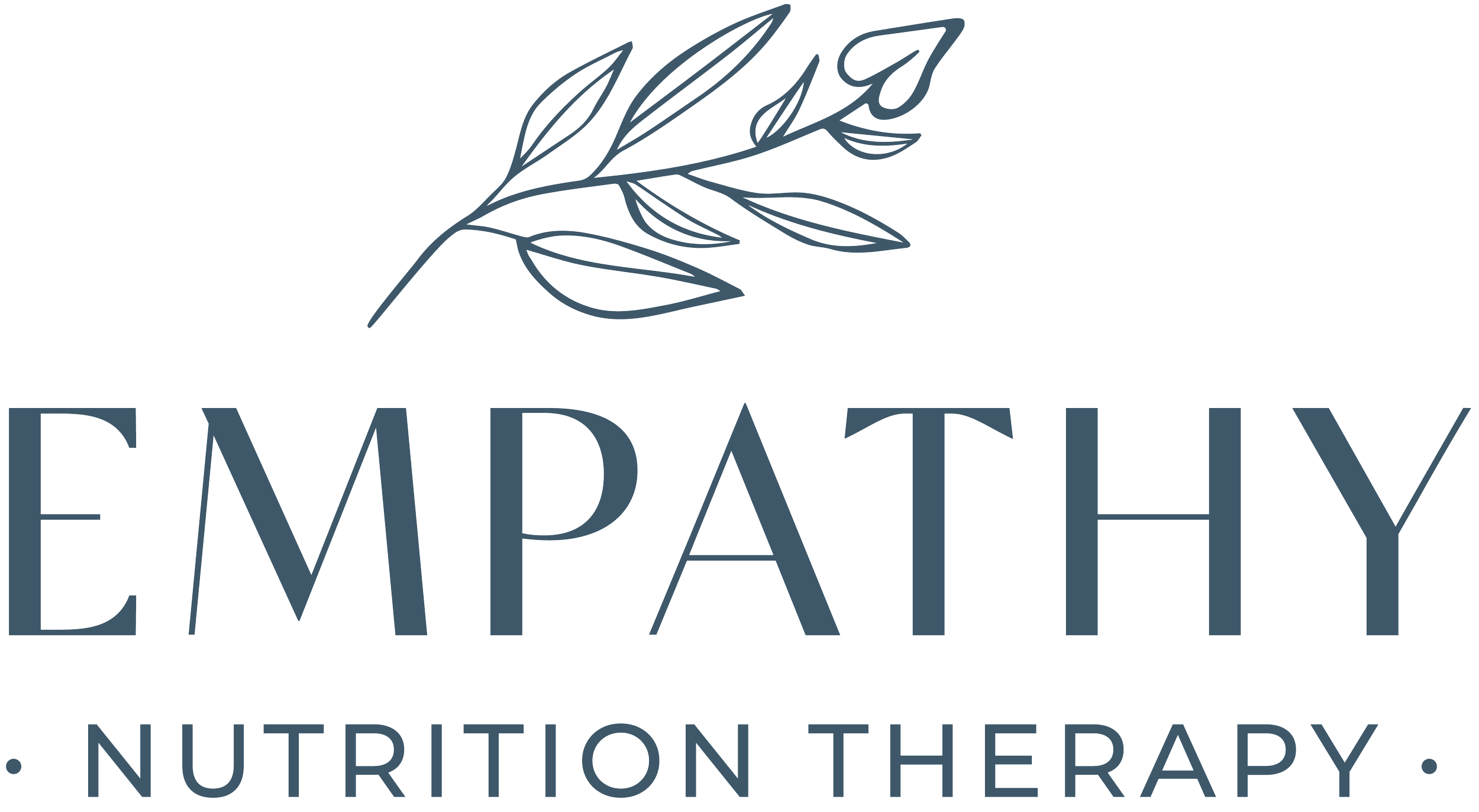Disordered Eating vs. Eating Disorders: Understanding the Difference
The focus on body image and dieting has never been more prevalent than it is today. Diet culture is a 70 billion dollar industry. It's not uncommon for people to worry about their eating habits or engage in behaviors that could be labeled as "disordered." A question I get a lot is what the difference between disordered eating is and eating disorders. In this blog post, we'll explore the key differences between these two concepts, delve into the symptoms of an eating disorder, and highlight the value of having a registered dietitian as part of your support system.
Disordered Eating vs. Eating Disorders: What's the Difference?
Disordered Eating: Disordered eating refers to a range of irregular eating behaviors that may not meet the criteria for a clinical diagnosis but are still problematic and can negatively impact one's physical and mental health. It's important to recognize that disordered eating can be a stepping stone to an eating disorder if left unaddressed. Some examples of disordered eating patterns include:
Frequent dieting: Constantly hopping from one diet to another.
Obsessive calorie counting: Becoming fixated on tracking every calorie consumed.
Compulsive exercise: Exercising excessively or feeling guilty if a workout is missed.
Skipping meals: Regularly skipping meals or going long periods without eating.
Binge eating: Consuming large amounts of food in a short period and feeling a lack of control during these episodes.
Eating Disorders: An eating disorder is a clinically diagnosed mental health condition characterized by severe disturbances in eating behaviors, thoughts, and emotions. Some eating disorders include anorexia nervosa, bulimia nervosa, binge-eating disorder, and avoidant restrictive food intake disorder. These disorders often require professional treatment and intervention. I want to be clear when I say that the DSM V is problematic and there are some issues with these diagnoses excluding people.
Symptoms of an Eating Disorder:
It's crucial to recognize the symptoms of eating disorders early on to seek help and support. While specific symptoms can vary depending on the type of eating disorder, some common signs include (but not limited to):
Significant weight fluctuations: Rapid weight loss or gain.
Preoccupation with food: Constant thoughts about food, body size, and appearance.
Strict dietary rules: Adherence to rigid food rules or an extremely limited variety of foods.
Purging behaviors: Frequent vomiting, laxative use, or excessive exercise after eating.
Social withdrawal: Avoiding social situations, especially those involving food.
Physical health issues: Irregular menstrual cycles, fatigue, dizziness, or hair loss.
Emotional distress: Mood swings, anxiety, depression, or irritability related to eating behaviors.
The Value of Having a Registered Dietitian:
If you or someone you know is struggling with disordered eating or an eating disorder, seeking professional help is essential. A registered dietitian (RD) plays a vital role in the treatment and recovery process. Here's why they are invaluable:
Nutritional expertise: RDs are trained to provide evidence-based nutritional guidance tailored to an individual's specific needs.
Meal planning: They can help create balanced meal guides (when appropriate) that promote a healthy relationship with food while addressing the nutritional requirements of recovery.
Behavioral support: RDs can work alongside therapists and other healthcare providers to address the behavioral aspects of disordered eating and eating disorders.
Accountability: Regular sessions with an RD can help individuals stay on track with their recovery and provide motivation and support.
Education: RDs can educate individuals about the long-term health consequences of eating disorders and the importance of nourishing one’s body appropriately.
If you or someone you know is experiencing symptoms of an eating disorder, reach out to a healthcare professional, including a registered dietitian, for guidance and support. Remember that seeking help is the first step towards a healthier relationship with food and your body.
